From GNA to Harvard: the journey of Ms. Jarman
Ms. Kathleen Jarman served GNA as the college advisor for nearly two and a half years. Her hard work and dedication helped students pave the path of success. She brought a certain aura of hope to the GNA community with her arrival. She was instantly a trusted friend to every student and faculty member with whom she came in contact. She left an impact on students that will last a lifetime.
Ms. Jarman sacrificed much of her time to helping students successfully apply to their dream schools. While the class of 2018 filled out their college applications with her help, she was also spending much of her free time to applying to graduate school. And later in the school year, while she celebrated each students’ success when college acceptance letters came back, she had an achievement of her own to celebrate—Ms. Jarman had been accepted into many elite graduate programs; among them was that of her choice: the Harvard Graduate School of Education.
Established and located in 1636 in Cambridge, Massachusetts, Harvard is the oldest institution of higher education in the United States. According to its website, Harvard is devoted to excellence in teaching, learning, and research, as well as to developing leaders in many disciplines who make a difference globally. They have an enrollment of over 20,000 degree candidates, including undergraduate, graduate, and professional students. Harvard has more than 360,000 alumni around the world and boasts such many prominent graduates, such as John F. Kennedy, Bill Gates, Helen Keller, Barack and Michelle Obama.
The GNA Insider had the privilege of interviewing Ms. Jarman regarding her acceptance into Harvard. During her time in Nanticoke, she gave hope to many students at GNA to accomplish their dreams. She taught them to set their goals high, and then to work hard to achieve them.
Following is The GNA Insider’s interview with Ms. Jarman:
Can you explain the process of how you got to Harvard? Why Harvard? Are you pursuing a Graduate or Undergraduate degree?
I attend Harvard’s Graduate School of Education (HGSE), where I am pursuing my master’s degree in Education Policy and Management. Master’s degrees are advanced degrees you pursue after you receive your bachelor’s degree (which takes four years to complete, either at a four-year college or after transferring to a four-year college from a community college—there are lots of different paths!). People usually pursue a master’s degree in a very specific field of interest. I have a Bachelor of Arts (B.A.) degree in English from Dickinson College in Carlisle, Pennsylvania. My degree from Dickinson has been extremely useful and I developed a lot of skills as an English major that made me very marketable to different jobs. Now that I have been working in the education field for a few years, I wanted to get a more specific degree that would help me learn more about how the education system works and help me advance in my career. Applying to graduate school is a lot like applying to college. All of my applications required an entrance exam called the GRE (very similar to the SAT or ACT), applications, essays, multiple letters of recommendation, a resume, and financial aid applications. Basically, everything the Class of 2019 is doing this fall, I was doing with the Class of 2018 last year! It was actually really nice to be able to go through the application process with my students. We supported each other (and commiserated together). I applied to eight schools in total to make sure I had different options to compare in the spring when decisions started rolling in. In the end, I chose Harvard for a few reasons: 1. The program offered me a ton of flexibility. I can pretty much design my own program so that it completely aligns with my interests and career goals. 2. The cohort (AKA my classmates) is such a diverse and interesting group of people. Most of my classmates have been working in the education field for at least six years and they come from all over the world. Talking with my classmates is almost like a another class, I learn so much from their experiences! 3. The faculty. The faculty were so warm and welcoming when I came to visit during the accepted students day last March, they completely blew me away. I was expecting Harvard to be kind of… stuffy, for lack of a better word. But that has not been my experience at all! My professors tell us everyday that we belong here, that we have something to contribute. That made all the difference to me.
How did it feel to be accepted into Harvard?
Surreal. It still does not quite feel real, to be honest. I received my acceptance letter on a Friday night after school last March. It was one of those weekends where it snowed the whole time, so I was snowed into my apartment by myself. When I opened the email, there was no one around to confirm it was real! I sent a picture to my mom and made her read it and tell me I wasn’t seeing things.
What is Harvard like?
Harvard, and Cambridge, in general is very pretty. Lots of old brick buildings. The Charles River, which separates Boston and Cambridge, is gorgeous. While the weather is still nice, I have been trying to walk by it everyday. HGSE, where I am, is a small little corner of campus right off Harvard Square. Graduate school is so far not too much different from undergrad. Lots of reading, about 3-4 hours of reading per class per night. Class sizes are a bit different to me. I went to a very small college where most of my classes were capped at 25-30 students. I have two classes with around 100 students this semester, so that is an adjustment.
What classes are you currently taking?
This semester I’m taking:
Politics & Education Policy in the U.S.: This course is an overview of the history of American education, how education policies are made, and the ways in which policy affects schools.
Understanding Today’s Educational Testing: This class is all about understanding how educational tests—like Keystones and the SATs—are made and interpreted (sounds kind of boring, I know, but I promise it is fascinating!)
Introduction to Statistics for Educational Research: Any student who knows me, knows that math is not my strength. But I’m doing it: I’m facing my fears and taking Stats! Statistics are used in so many aspects of education. If I want to do my job well, I know I need to have some foundation in stats.
Deeper Learning for All: Designing a 21st-Century School System: This course focuses on a concept called “deeper learning.” It is a bit technical, so I won’t bore you with the details. But, throughout the course we get to design our own projects and collaborate with local Boston Public Schools who might end up implementing our projects!
What do you do on the campus during your free time?
My roommates and I try and explore Boston and Cambridge during our free time. We also try and attend Harvard events as well. There are always amazing speakers on campus. Two weeks ago, I went to a talk by Arne Duncan, who was the former Secretary of Education. My roommates and I are also going to the Harvard v. Princeton football game in a couple of weeks—go Crimson!
What do you plan on doing after completing your degree?
I’m still not 100% sure what I want to do after graduation (for you seniors out there—it’s okay to be unsure! The trick is to keep trying to figure it out! HINT: Talk to Mr. Y as often as you can). I have a lot of different interests within the field. My main goal is to work closely with districts in need to help them better access resources and implement programming that can create learning environments and experiences that better serve all students.
What is your favorite class and why?
Deeper Learning is probably my favorite class because it is just something I really believe in. I think that education can be one of the most empowering experiences a person can have in their life. However, creating learning environments that allow all students to feel connected and engaged with ideas that excite them and capture their curiosity, is actually much harder than it sounds. I especially love that this class practices what it preaches! Our instructor models deeper learning concepts everyday and asks us to do the same. We’re currently in the planning stages of our own projects through which we’ll have to create some sort of programming that promotes deeper learning and that could implemented in a real classroom.
What do you miss most about GNA?
You guys! Every. Single. One. Of. You. I miss the GNA community—teachers, students, families—so much. Students most of all. My students are the reason I’m here at HGSE, I wouldn’t be here without them. I truly mean that. I think of you guys everyday, in every one of my classes, and in every conversation I have with my classmates. You are my inspiration and my motivation.
What advice do you have for students who would like to pursue their dream college or university?
There is no such thing as one “perfect” college. YOU are what makes a college a dream school. Every student has at least of handful of colleges that could be their “dream” school, schools that meet their academic and social needs. Colleges are living and breathing organisms. Their environments change based on who is there and who is engaging the campus community at the time. As long as you find a college that meets your needs, you can make that school your dream school. When I was growing up, I definitely fantasized about going to a school like Harvard. But when I was a senior in high school, there was no way Harvard would have accepted me. I applied to about ten schools (too many!!) and I liked a lot of them. I picked Dickinson because I had a really great conversation with the head of the English department on one of my visit, but I wouldn’t say Dickinson was my “dream” school when I committed. Dickinson became my dream school about halfway through my sophomore year. At the beginning of my sophomore year, I began to get much more involved in my major and in extracurricular activities. I found a group of amazing friends. I started getting to know my professors outside of class and even started to work for some of them. In the end, Dickinson became my dream school because of what I made of the opportunities that were available. That is how I would urge any student to think about the college selection process—think of all of the opportunities a school could offer you, chose the one that best aligns with your goals and needs, and then go there and seize every single opportunity that comes your way! That’s how a college becomes a dream college.


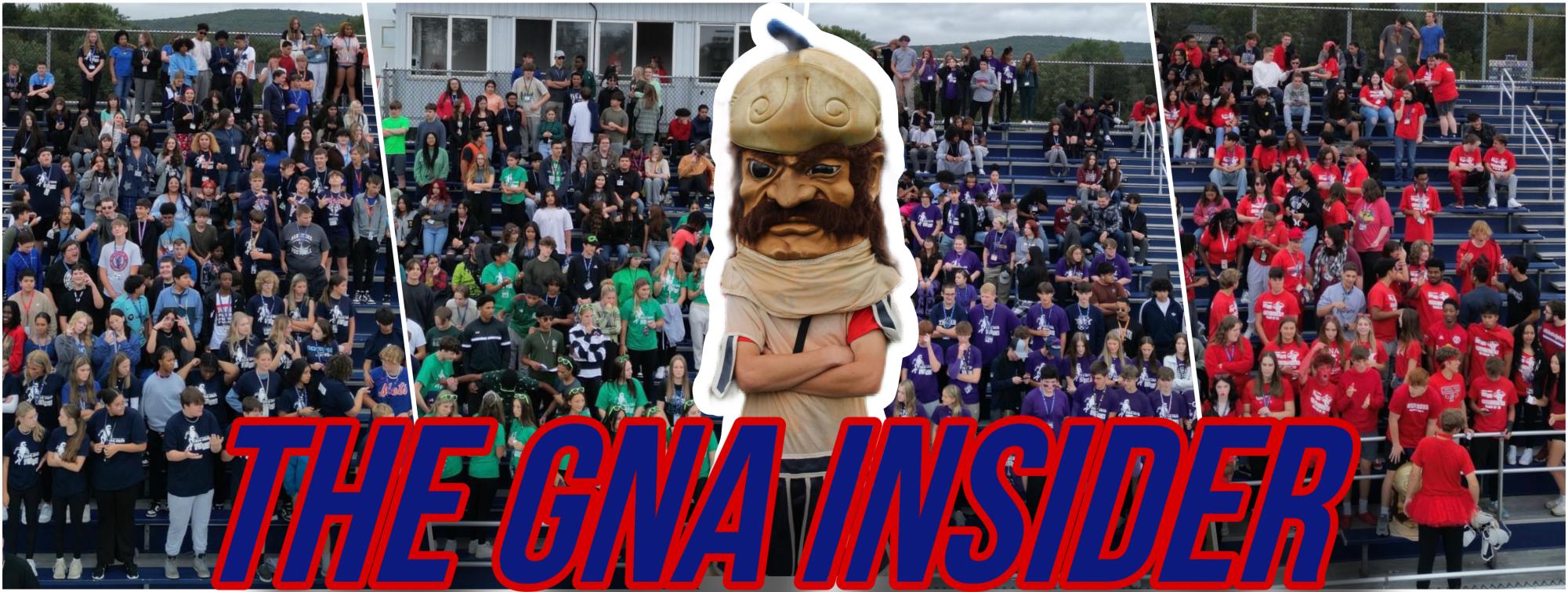
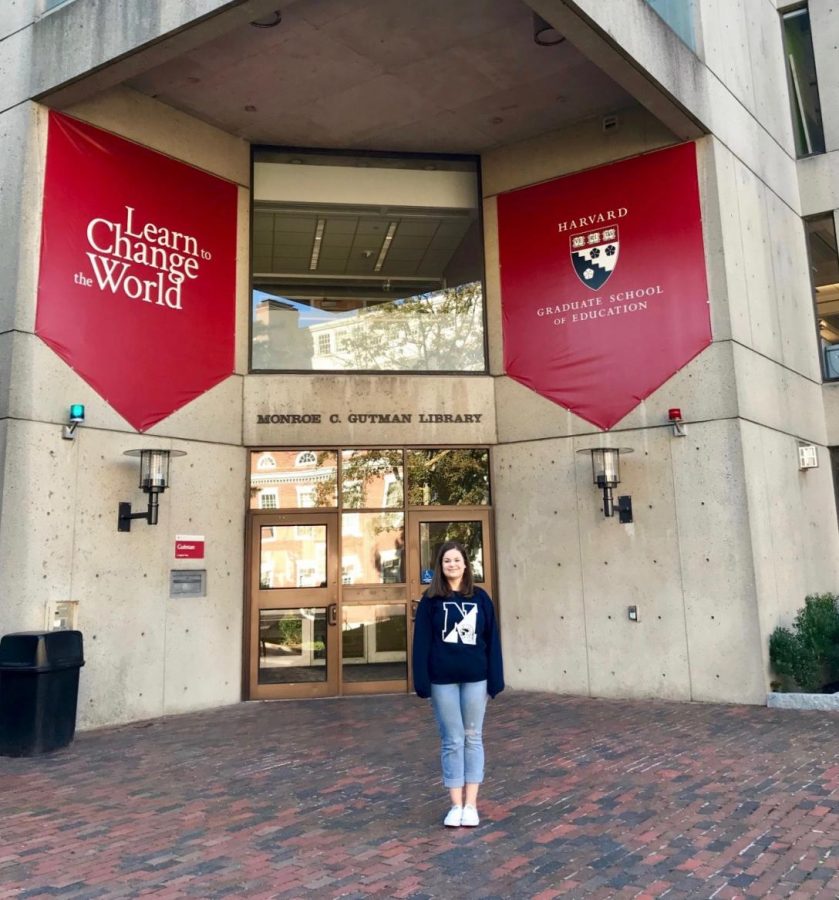
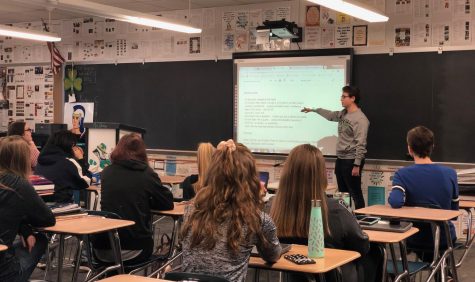
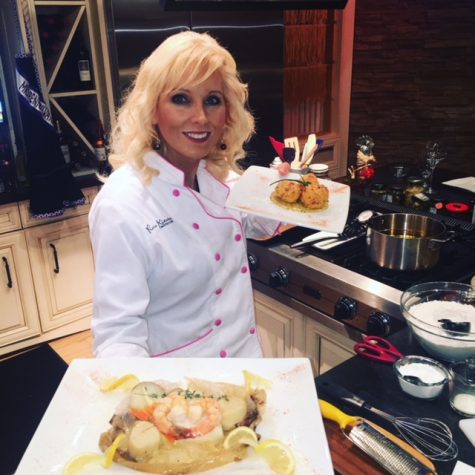
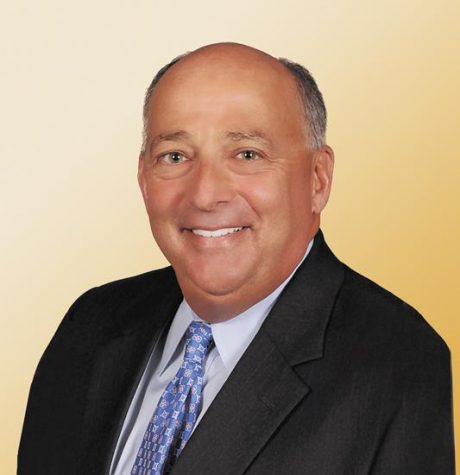
Miss (Lol!) Hyder • Nov 9, 2018 at 3:45 pm
This article was fantastic!